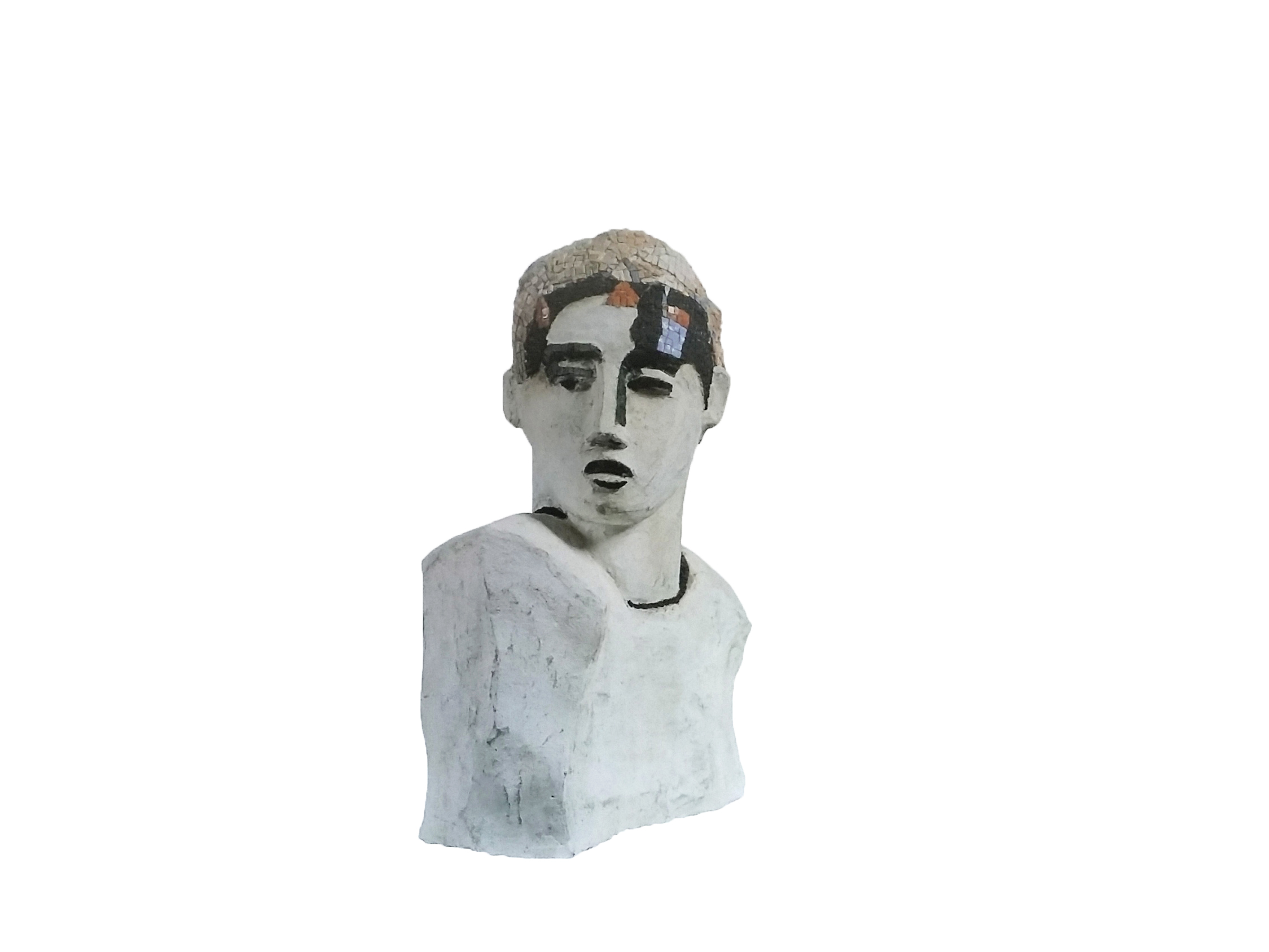
About Passés Futurs
Passés Futurs is a new review, which we hope will find its readership. Headed by an editorial committee of researchers in France, Argentina, Uruguay and Spain, its aim is to analyze the multiple forms of public uses of the past to be found in public spaces on various scales – from local and transnational to global networks – and to place them in medium or long-term approaches.
Hence the title of the review, a tribute to the works both of Hannah Arendt on the “time gap” and Reinhart Koselleck on “past futures”. From another, complementary perspective, we are interested in the effects of today’s “horizons of expectation” – our futures – on our “fields of experience” – our pasts, and in what ways the former transform and/or fashion the latter.
In fact, since the 1980s, a series of broadly mediatized “affairs” have mobilized public opinion on historical events. Those most debated are often linked to specific events in contemporary history – the catastrophes of the 20th century in particular – but they also concern issues dealing more generally with political, national or religious identities. The increasing number of controversies has made the question of the uses of the past a major political theme in public space. The many conferences, books and articles devoted to these subjects, the creation of watchdog committees, the debates in professional groups all indicate that historians worldwide feel the need to shed light on the “deformations” of history that can result from these uses.
La géographie des affaires
Convinced however that the tensions provoked by the revival of these pasts can contribute to our understanding of the present, we feel it important to enlarge the notion of public use of the past. And, rather than set ourselves up as white knights and keepers of the Temple, our aim is to try to understand the origins of different initiatives to mobilize the past, to analyze the ways in which different publics form and deform pasts. Our project is therefore based on three main considerations.
L’espace public
The first concerns what might be called the geography of affairs. Although a number of controversies are of a national order (French collaboration during the Vichy regime, the Spanish Civil War, the Enola Gay Controversy in the United States, or reference to dictatorships in South America in the 1970s), we feel it is essential to go beyond national contexts if we wish to understand the forms of internationalization, even globalization, that have an effect on public uses of the past. The most controversial issues of the recent past are evidence of this. Certain of them concern relations between several national entities: the historical vicissitudes that both bind and divide Korea, China, Japan, Israel and Palestine, Poland and Germany, the Balkan states, etc. Others are exacerbated by tensions, and at times by ambiguous factors that cannot be understood simply on a national level: among others debates related to slavery, colonization, Nazi gold hidden in Switzerland, or even the accusation against Jews of ritual murder. It is important to take hold of these transfers and the repossession of historiographical and memorial issues. To compare and confront national policies is not enough, it is also necessary to think – or rethink – interactions between societies and cultures.
Les différentes formes de connaissance du passé
The second consideration involves public space. Recent reflections on uses of the past have occasionally been imbued with nostalgia for a supposed “golden age” (doubtless highly overestimated) in which a “good” past, shared by all, was the historian’s sole domain. This sweet dream calls for replacement by an analysis of communication processes and contemporary transformations of public space in its multiple dimensions (national, religious, media cover, etc.) that frequently crisscross and overlap. In that sense, we propose to examine the relevance of certain old dualities: public/private, professional/amateur, scientific/popular. This seems all the more urgent as nowadays, Internet and its related technologies seem to have dissolved the hierarchy of specialized competences, making it possible for anyone to draw their own memorial pathway. Our plan is to identify the authors/bearers of memories involved in the updating – and publicizing – of the past, to question the role of television, the web and all information technologies, and of communication in the creation of historic narratives (social networks, forums, blogs, etc.).
Editor : Sabina Loriga (CRH-EHESS)
Editor-in-Chief : David Schreiber (IHMC-ENS)
Contact: passesfuturs@gmail.com
ISSN 2558-7935
Illustration: © Sandro Chia, Senza titolo, 1999
La revue est aussi référencée sur HAL









